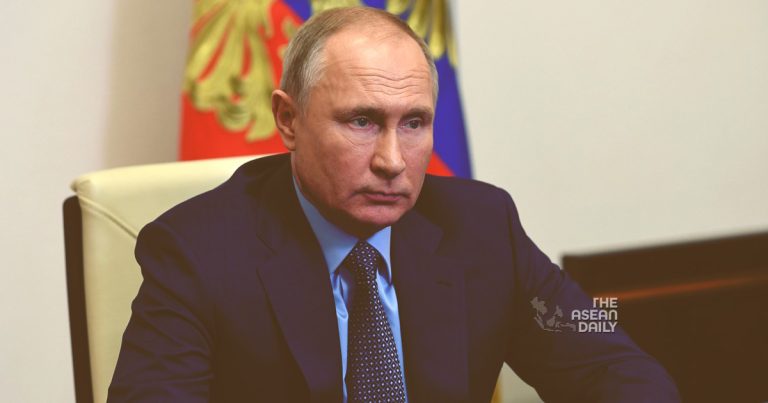12-10-2023 (MOSCOW) As the war in Ukraine drags on, Russian President Vladimir Putin is closely watching events unfolding between Israel and Palestinian militant groups in Gaza. The outbreak of violence in the region presents geopolitical opportunities for the Kremlin to advance its strategic interests.
Since the Russian invasion began in February 2022, Israel has walked a diplomatic tightrope, offering humanitarian assistance to Ukraine while avoiding direct confrontation with Moscow. Israel relies on coordination with Russia to conduct military operations in Syria and to ensure the safety of Jews living in Russia.
However, the Israeli government has come under growing pressure from the US and allies to take a tougher stance against the invasion. This pressure could intensify if violence escalates between Israel and Gaza. Russia could leverage its ties with key actors to position itself as an indispensable mediator in the conflict.
A wider conflagration in the Middle East could also shift the focus away from the war in Ukraine at a critical time. Russia has suffered major battlefield setbacks in recent months and is looking for ways to reduce casualties and wear down the commitment from Ukraine’s Western backers. A Middle East crisis demanding attention could weaken the resolve of the US and European countries to continue providing military aid to Kyiv.
There are already signs that the violence in Gaza has distracted the US diplomatically. On October 11th, US National Security Adviser Jake Sullivan spoke with his Israeli counterpart to reaffirm America’s commitment to Israel’s security. Meanwhile, Republicans in Congress are urging the Biden administration to replenish Israel’s stockpile of Iron Dome interceptors used to defend against rocket attacks.
Russia maintains complex diplomatic ties with various actors in the Middle East. While Putin has built closer relations with Iran, a major backer of Palestinian militant groups, Moscow also values its long-standing partnership with Israel. This nuanced balancing act allows Russia flexibility to pursue opportunities arising from instability in the region.
In a speech at the Valdai Discussion Club on October 5th, Putin articulated his vision for a new world order no longer dominated by the West and its liberal values. The Russian leader’s rhetoric suggests he would welcome turmoil that undermines the US-led security architecture. In Putin’s view, a Middle East conflict that diverts American military support from Ukraine aligns with his overarching geopolitical objectives.
As the Gaza crisis unfolds, Putin will likely avoid overt interference while discreetly leveraging Russia’s position to exploit divisions between Western powers. While not the architect behind the fresh unrest, the Russian president stands ready to capitalize on distractions that buy time and sap the morale of Russia’s adversaries. With strategic patience and deft diplomacy, the Kremlin could turn turmoil in the Middle East into a geopolitical opportunity.




